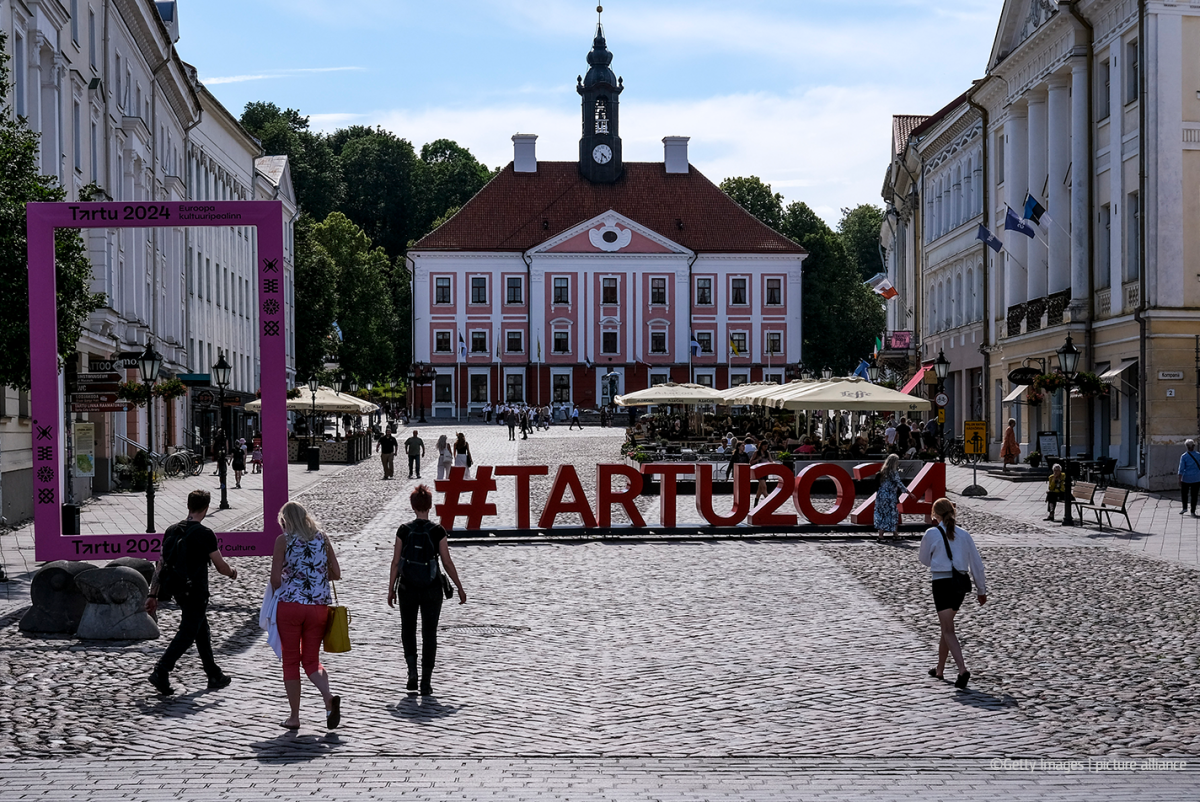Europe’s identity is defined by its rich and diverse cultural heritage. Nowhere is this more evident than in the many different towns and cities dotted across our continent. This is something to be celebrated. That is why, every year, the EU rewards and recognises two or three cities as a European Capital of Culture, in one of the EU’s best-known and most successful cultural initiatives.
The initiative which was launched in 1985 puts culture at the heart of European cities for a yearlong celebration of art and culture. To date, it has been awarded to more than 60 cities across the EU and beyond, with cities being selected by an independent panel of experts.
Cities are chosen on the basis of a cultural programme that must have a strong European dimension, involve local people of all ages and contribute to the long-term development of the city. The 2024 European Capitals of Culture are Bad Ischl in Austria, Bodø in Norway and Tartu in Estonia. Next year, the 2025 European Capitals of Culture will be Chemnitz in Germany and Nova Gorica in Slovenia.
The designation of European Capitals of Culture begins six years before a city is officially awarded its title, with a call for applications. Over the next two years, applications are reviewed before a winning city is officially designated. This leaves four years for the city to prepare for the event, during which time the European Commission continues to give advice and guidance. Currently, there are ongoing competitions for future Capitals of Culture for title-years 2029 and 2030.
For more information



